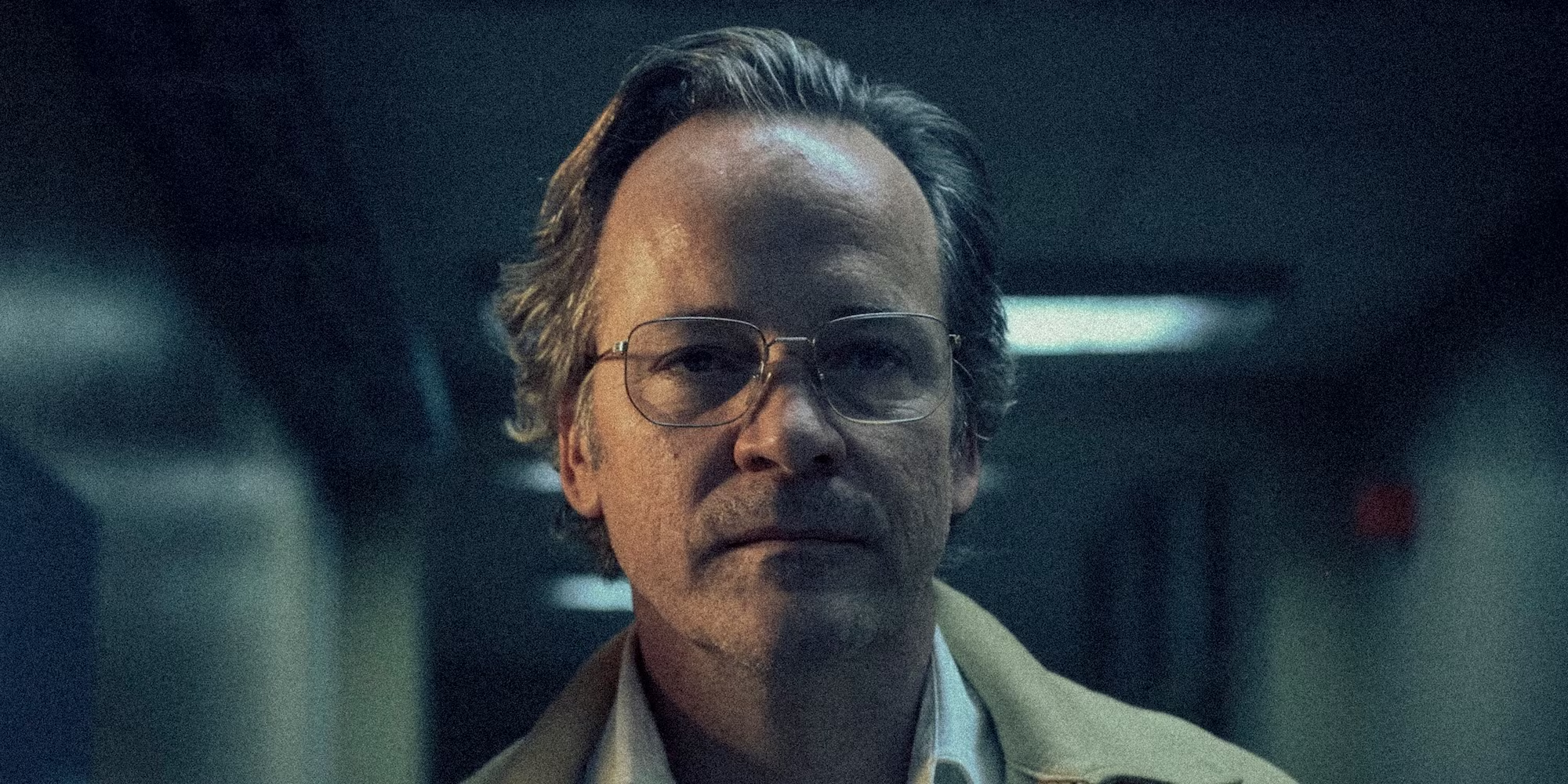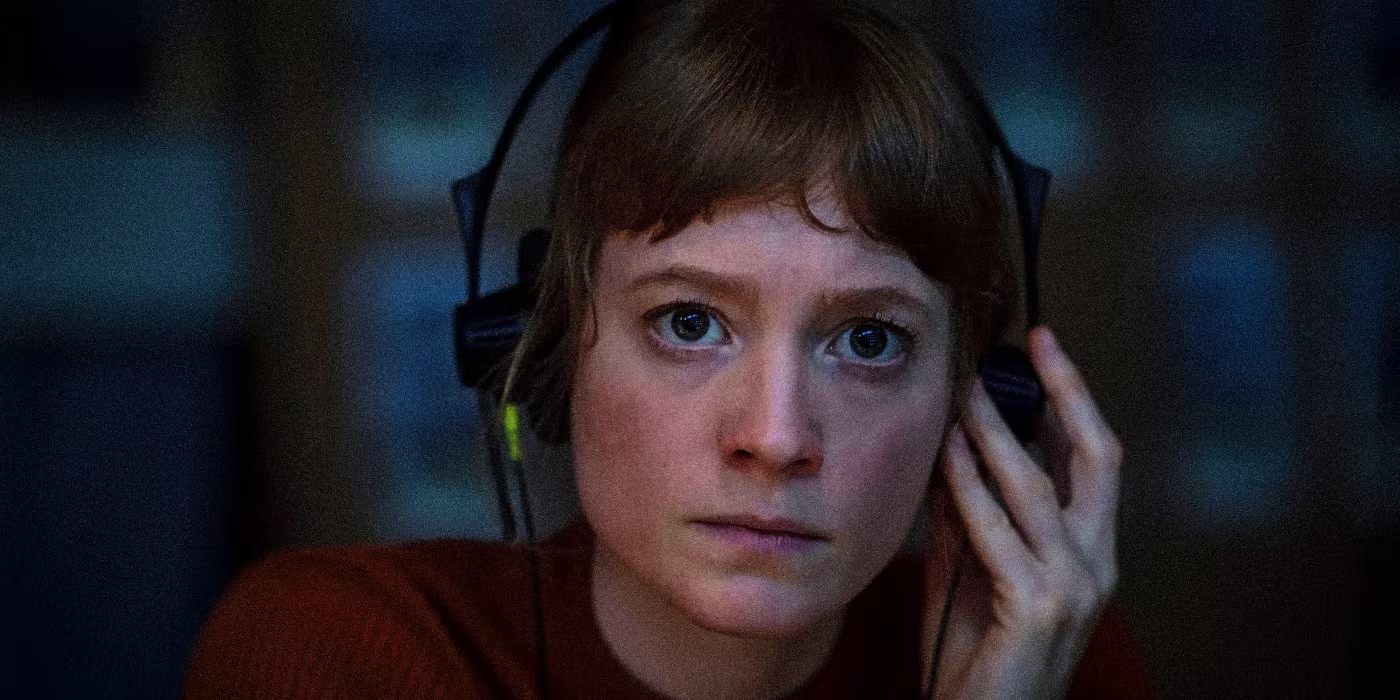Film Review - September 5 (2025)
- Alex Kelaru

- Mar 22
- 3 min read
Kelaru & Fulton rating: ★★★★
Runtime: 1 hrs 35 mins
I’ve always been drawn to films and TV shows about the world of television and film production — it’s something I’m still deeply passionate about. So when a film like September 5 comes along, I’m first in line.
The film tells the story of the infamous 1972 Munich Olympics massacre, when gunmen from the Palestinian militant group Black September infiltrated the Olympic Village, killed two members of the Israeli team, and took nine others hostage. While most people know the outcome — or can easily look it up — this film shifts focus to what was happening inside the ABC Sports newsroom, stationed just outside the Olympic Village, where they were broadcasting the games live.
Why is this perspective important? Because at the time, television news was undergoing a major transformation, grappling with its responsibilities to the public: How much should they show? When should they show it? And in the case of a live broadcast, how do they protect viewers from real-time violence?
To put it in context, let’s talk about comedian George Carlin — yes, there’s a connection, bear with me. The same year as the Munich massacre, Carlin released his infamous stand-up routine Seven Words You Can Never Say on Television mocking the absurdity of banning words based on social taboos rather than their meaning. When it aired uncensored on New York’s Pacifica Radio, it triggered complaints, eventually leading to a Supreme Court case that resulted in regulations on ‘indecent’ language and imagery in radio and TV.
Now, imagine an Olympic broadcast team suddenly finding itself just a few hundred feet away from an unfolding terrorist attack, with the best-positioned cameras to capture the event live. They’re faced with some tough questions: What do we show? What is our duty as journalists? What happens if someone is killed on camera?
At the time, the ‘dump button’ — a system allowing producers to delay live transmissions by a few seconds to censor content — was still in its infancy. It had been used in radio and was first tested in television during the 1969 Apollo 11 moon landing. But nothing had prepared broadcasters for handling a crisis of this magnitude, in real time, with the entire world watching.
As the action unfolds within the ABC newsroom, we are in middle of the chaos, forced to experience the events as the journalists do. We rarely step outside the newsroom, meaning we only learn new information when they do — sometimes even later, as we’re not privy to all their conversations with the outside world. This creates a unique tension, giving us the unsettling feeling of witnessing history as it happens.
It also evokes a sense of claustrophobia — not from dim lighting or confined spaces, but from the film’s masterful restriction of information. In an age where we’re used to having answers at our fingertips, September 5deliberately withholds details, creating a kind of ‘information claustrophobia’ that makes you itch to grab your phone and look up what happens next.
The performances are excellent. John Magaro (Past Lives, Carol) is outstanding as news producer Geoffrey Mason, navigating the demands of the network, the ethics of broadcasting, the egos of his superiors, and the potentially catastrophic consequences of every decision. His anxiety is palpable, but he is clearly the newsroom’s unspoken leader, the one everyone turns to even when personal misgivings and biases cloud their judgment.
But it’s the writing that truly makes this film shine. As expected, there’s plenty of dialogue, but not in an Aaron Sorkin-style rapid-fire way. Instead, it’s more restrained, allowing the actors to convey tension and emotion through reactions rather than words. The film doesn’t rush to over-explain things — it trusts the audience to feel the weight of unfolding events.
If you’re fascinated by the inner workings of live TV production, September 5is a must-watch. However, from a storytelling perspective, I would have loved to see more of the impact this broadcast had on the outside world. The coverage was seen by 900 million people at the time, making it one of the most significant live news moments in history. Exploring how this shaped public perception, media ethics, or even government responses would have strengthened the film’s message. There were opportunities to do this — Peter Jennings, an expert on Middle Eastern politics at the time, is present in the film but is largely relegated to phone calls rather than deeper discussions on the geopolitical stakes.
Despite this, September 5 is an expertly crafted film that captures the tension, urgency, and ethical dilemmas behind a live broadcast of unimaginable importance.
%20Logo%20Black%20over%20White.png)







